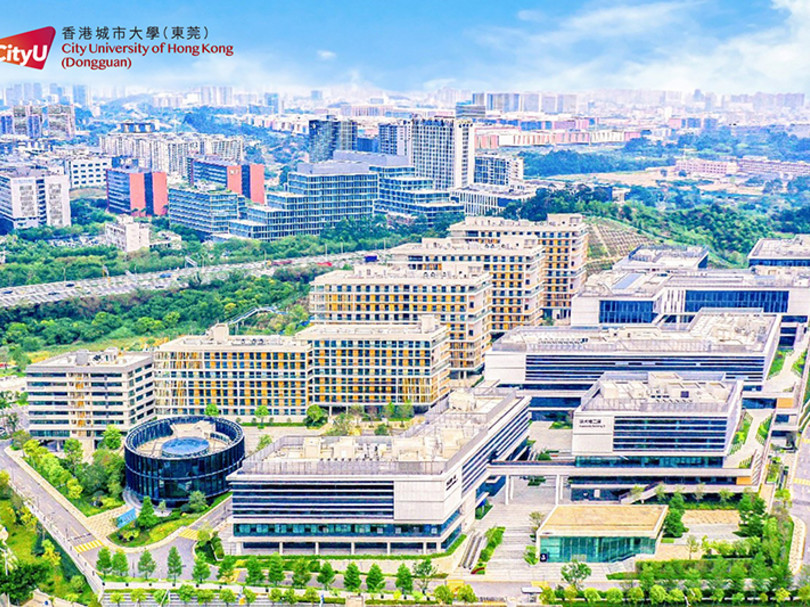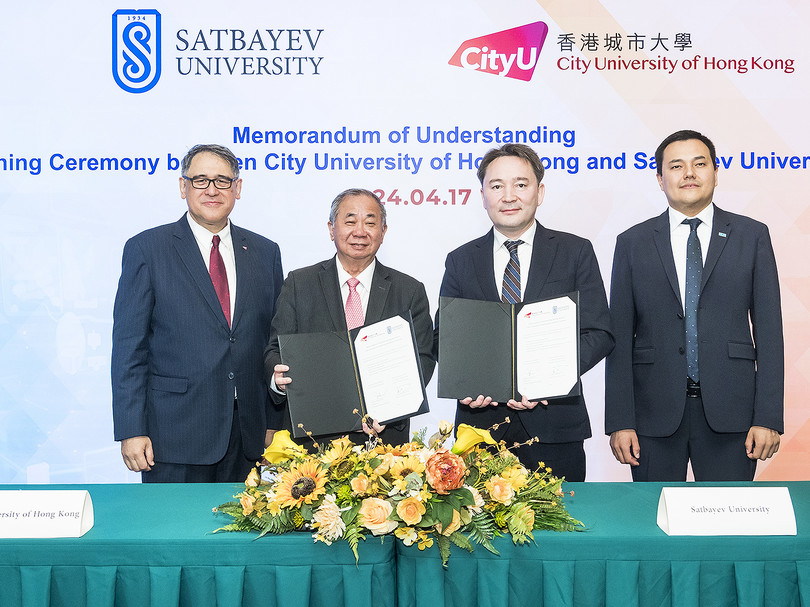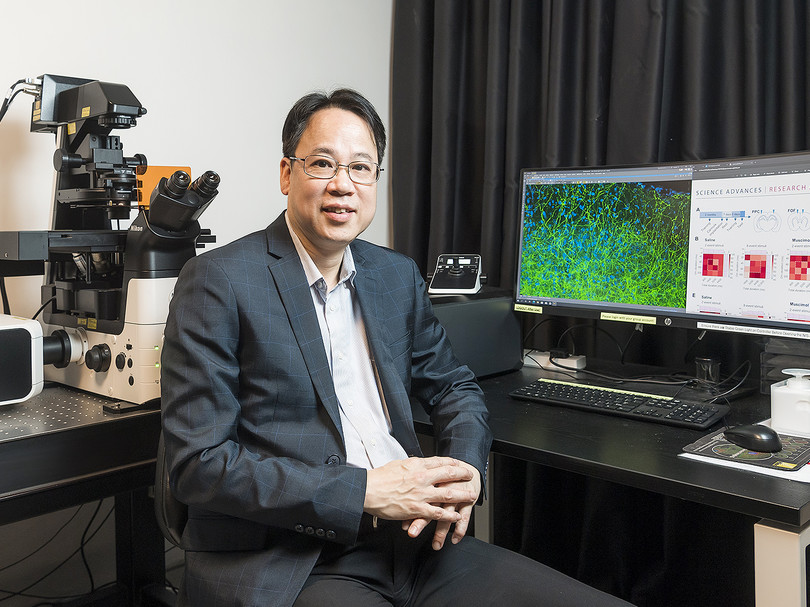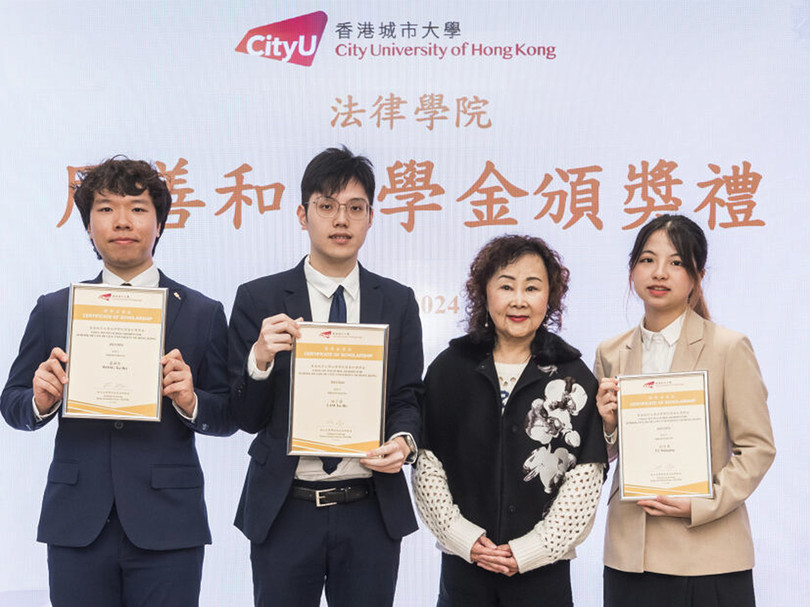Showing 1 to 10 of 11 results
Mr C Raj Kumar, Deputy Director of City University's WTO Law and Dispute Resolution Centre and lecturer in the School of Law, has been awarded a research grant by Japan's Sumitomo Foundation. Mr Kumar's grant was in the category of Fiscal 2002 Grant for Japan-Related Research Projects. The title of his research topic is: "Corruption and Human Rights-Promoting Transparency in Governance in Hong Kong, Japan and India".
The first panel session in the symposium "Islam in Southeast Asia and China: Regional Faithlines and Faultlines in the Global Ummah" focused on faithlines in the Islamic community, with particular reference to China and Southeast Asia. Speakers came from a range of disciplines, including sociology, theology, philosophy, political science, and history.
Some of the world's leading experts on Islam from Australia, the US, China, Malaysia, the Philippines, the UK and Singapore joined Hong Kong scholars at City University from 28 November to 1 December 2002 for the first large-scale symposium on Islam held in Hong Kong and the first worldwide comparative discussion of Islam in Southeast Asia and China. "Islam in Southeast Asia and China
When people talk about coating, they are primarily interested in coating for decoration, such as colour, or for tribological applications, that is, providing a hard surface which is resistant to wear and corrosion. "But this is only one part of coating," said Professor Haydn Chen, Chair Professor of Materials Science and Head of the Department of Physics and Materials Science (AP).
Abstract concepts of physics and mathematics are hardly the kind of topics that fill a room and thrill on audience. Professor Sir Michael Berry's lecture on the "seven wonders of physics" at City University on 18 February was, however, nothing short of a small wonder itself. Not only was the Multi-Media Conference Room packed to the brim with an audience of 500, many of whom had travelled from other universities across the city, but every pair of eyes stayed glued to the charismatic speaker.
In an age when nanotechnology is hailed as a milestone in the advancement of science, when there is a demand for small appliances, when instrumentation allows the preparation of things small, when there is the equipment to characterize small things, to measure the structure and properties of small things, and when nano particles allow improved properties, it is natural that coating technology will form part of the trend.
Imagine a Hong Kong manufacturer taking a mould to Singapore for coating service. Soon after he returns, he has to send the mould back because it fails to meet his requirements. Not only has he invested his time and money but his competitiveness is also greatly undermined. This scenario was true several years ago in Hong Kong.
More than 150 accounting and auditing academics, practitioners and research degree students from around the world attended the 4th Asia-Pacific Journal of Accounting and Economics (APJAE) Symposium co-organized by City University of Hong Kong, from 6 to 8 January at the Shanghai National Accounting Institute (SNAI). This is the first time the annual symposium has been held outside Hong Kong.
In the second part of the Islam symposium, speakers focused on several issues related to perceived faultlines running through the Islamic world, drawing together studies from a diverse collection of fields of enquiry including politics, sociology, anthropology, theology and history.
A collaboration between City University's Department of Manufacturing Engineering and Engineering Management (MEEM) and General Motors to develop advanced coatings could result in the manufacture of more efficient, cost effective and environmentally friendly vehicles.
Pagination
- 1
- 2



